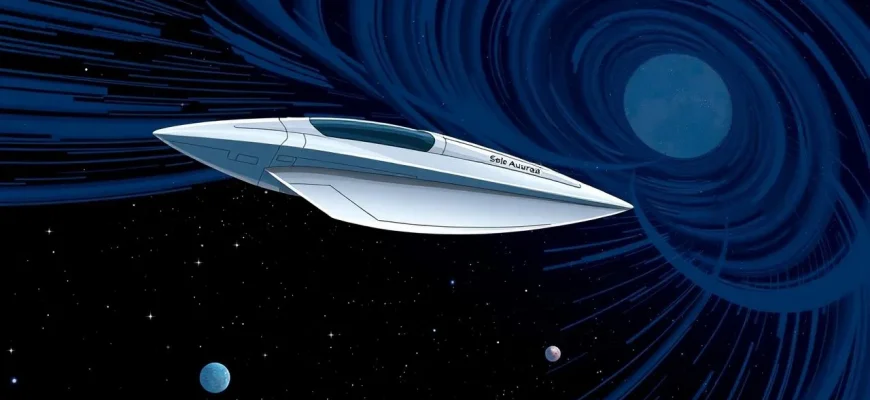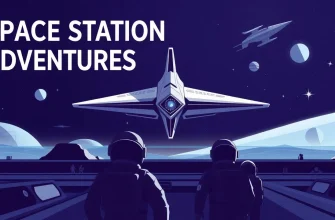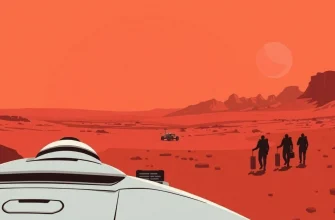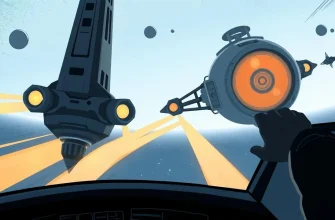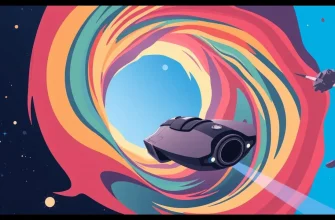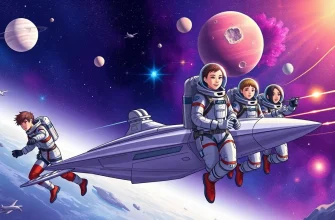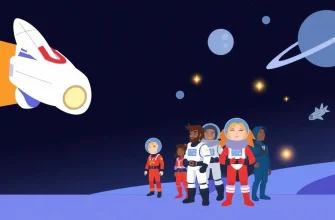Are you ready to blast off into the cosmos from the comfort of your living room? This curated collection of films will take you on a thrilling journey through the stars. From epic space operas to intimate tales of human exploration, these movies not only entertain but also inspire us to look up at the night sky with wonder. Whether you're a sci-fi aficionado or just looking for an escape into the vast unknown, these films promise to deliver an unforgettable experience.

2001: A Space Odyssey (1968)
Description: A journey through space and time, this film explores themes of human evolution, technology, and extraterrestrial life. Its visual effects and philosophical depth make it a timeless classic.
Fact: Stanley Kubrick and Arthur C. Clarke developed the story simultaneously, with the film and the novel being released together.
 Watch Now
Watch Now 
The Right Stuff (1983)
Description: This epic drama chronicles the early days of the U.S. space program, focusing on the lives of the first astronauts selected for Project Mercury.
Fact: The film was based on Tom Wolfe's non-fiction book of the same name, which detailed the experiences of the Mercury Seven astronauts.
 Watch Now
Watch Now 
Apollo 13 (1995)
Description: Based on the true story of the Apollo 13 lunar mission, this film captures the tension and heroism of the astronauts and NASA team as they work to bring the crew safely back to Earth.
Fact: The film used real NASA footage and was praised for its accuracy in depicting the events of the mission.
 Watch Now
Watch Now 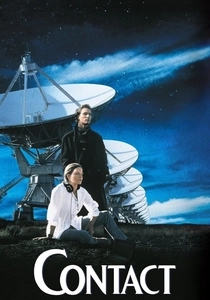
Contact (1997)
Description: A scientist receives a message from an alien civilization, leading to a journey that challenges her beliefs and humanity's place in the universe.
Fact: The film was inspired by Carl Sagan's novel, and he even makes a cameo appearance as a guest at a White House event.
 Watch Now
Watch Now 
Sunshine (2007)
Description: A team of astronauts are sent to reignite the dying sun with a massive bomb. The film combines psychological tension with the awe-inspiring beauty of space.
Fact: The film's director, Danny Boyle, worked with physicist Brian Cox to ensure the scientific accuracy of the plot.
 Watch Now
Watch Now 
Star Trek (2009)
Description: This reboot of the iconic franchise follows the adventures of the USS Enterprise crew as they navigate through time and space. It's a fresh take on the classic theme of exploration and adventure.
Fact: The film was directed by J.J. Abrams, who also directed the Star Wars sequels, blending two iconic sci-fi universes.
 Watch Now
Watch Now 
Interstellar (2014)
Description: A team of astronauts travel through a wormhole in search of a new home for humanity. This film captures the essence of space exploration with its stunning visuals and thought-provoking narrative.
Fact: The film was inspired by Kip Thorne's theories on wormholes and black holes, and the visual effects were so accurate that they were used in scientific research.
 Watch Now
Watch Now 
Gravity (2013)
Description: After a space shuttle is destroyed, an engineer and a veteran astronaut must fight to survive in the harsh environment of space. The film's depiction of zero gravity is both breathtaking and terrifying.
Fact: Sandra Bullock and George Clooney performed most of their scenes in a harness to simulate zero gravity, with the rest being CGI.
 Watch Now
Watch Now 
Ad Astra (2019)
Description: An astronaut travels to the edge of the solar system to find his missing father and uncover a mystery that threatens the survival of our planet.
Fact: Brad Pitt underwent astronaut training to prepare for his role, including experiencing zero gravity on a parabolic flight.
 Watch Now
Watch Now 
The Martian (2015)
Description: Astronaut Mark Watney is left stranded on Mars after his crew believes him to be dead. His struggle for survival and eventual rescue is both gripping and scientifically plausible.
Fact: NASA provided technical advice for the film, ensuring the accuracy of the Martian environment and astronaut procedures.
 Watch Now
Watch Now 
